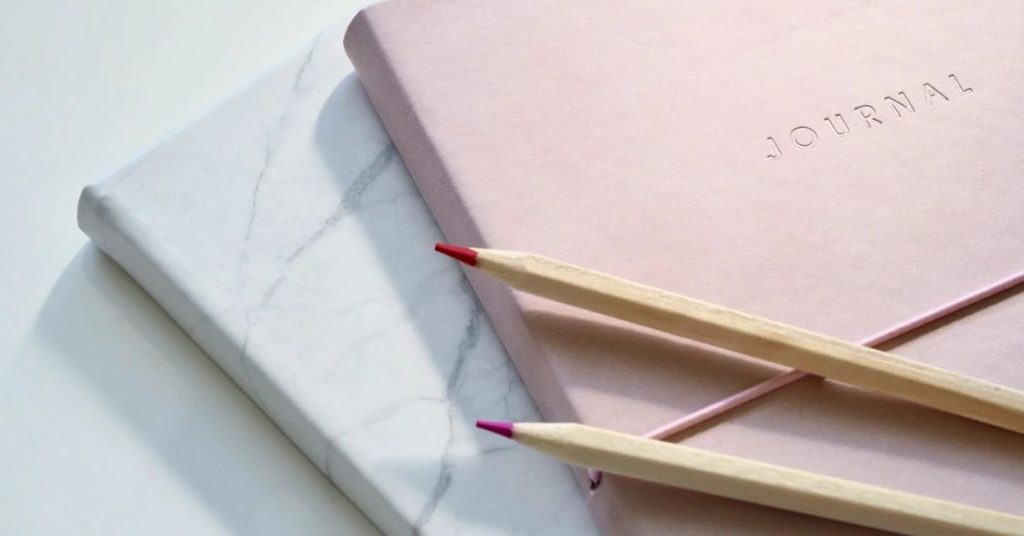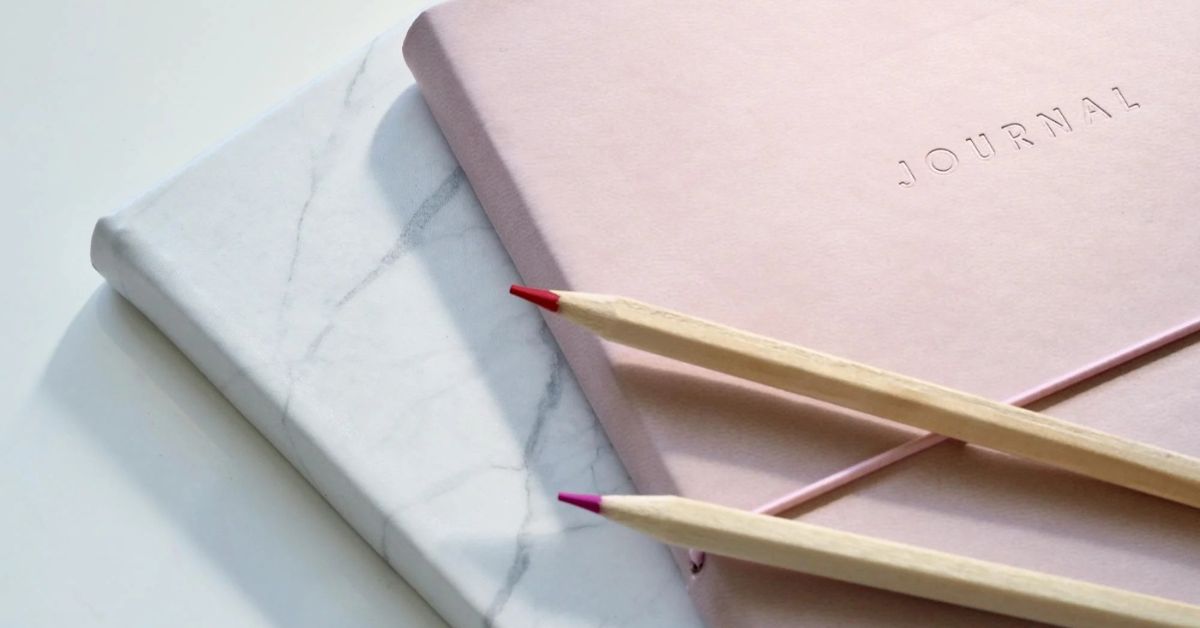
What is Journaling? Journaling is a mental exercise. It is an activity which collects the thoughts from your brain and pours them onto paper.
Since the Stone Age, humans have wanted to communicate, to express their thoughts. So they developed language, then pictographs, then eventually the script.
Once the language and script became fully developed and substrates became available, humans started making extensive use of it and we now have a huge repository of inscriptions, manuscripts and archives.
The point of telling you this history is that PEOPLE NEED TO WRITE DOWN. Note it down. Note it, to record it.
The thing about writing in ancient and medieval times is that the writers had a royal or public purpose in mind.
Also, writing materials were not as easily available then as they are today. But even with that, is it not possible that Kautiya had his own set of palm leaves as his rough copy before he finally penned down the ‘Arthashastra’?
What did the students in Taxila and Nalanda University do besides their oral lectures!
Could Brahmagupta not have poured down his thoughts or feelings in a set of birch bark folios before concluding with the ‘Surya Siddhanta’? The possibilities in this line of thought are endless.
A very recent historical example of someone who wrote for themselves – is that of Anne Frank(WWII).
Hers is a classic series of diary entries, though we’ll be doing something a little different from that.
Anne literally poured her feelings into words whether it’s her crush on the two Peters, or a fight with her sister, the constant fear of the Secret Annexe being discovered by the Nazis or her opinion on any political development.
Here, you should note that Anne had a diary- typically recording daily events and experiences chronologically, while we will be developing a journal – allowing for more free form reflection,creative expression, and explanation of ideas. The similarity is that both are personal writing spaces.
You can develop journal in two ways- eiither keep it simple i.e. MINIMALIST or make it an elaborate matter i.e. AESTHETIC. We will discuss that later. For the time being, understand that you need a:-
- NOTEPAD/NOTEBOOK;
- PEN; and a
- HIGHLIGHTER
to start with developing your journal. There will be experts saying that you only need a notebook and a pen; but I will say that a highlighter is equally important. You will get to know why.
Now that you have your basic tools, you need to develop:-
- a habit of writing; and
- a pattern of writing.
The habit of picking up your journal needs to be consciously maintained – but don’t worry, it’s not rocket science! Eventually you’re gonna fall in love with journaling and pick it up without any extra motivation.
By pattern of writing, I mean that how are you going to pour down your thoughts? Imagine having an urge to write but you couldn’t- because you lost that thought while thinking how to write what you wanted to write. So, some set patterns for a journal involves:-
- “TO-DO LIST” or a TASK SPREAD;
- “HABIT TRACKER”;
- BUDGET;
- “BRAIN DUMP”;
- WEEKLY/MONTHLY GOALS;
- DAILY AFFIRMATIONS.
A popular term being used for such a journaling method is called “BULLET JOURNALING” or “Bujo”. As mentioned before, diaries are chronological records of daily events, while a conventional journal is when you white sporadically and more ideas than only daily happenings.
It was Ryder Carroll, in the USA, who began looking for a simple method of personal organization in college in the late 1990s.
He had been diagnosed with ADHD as a child. He wanted a system to help “move past his learning disabilities.” So, by the time he graduated from college, he had devised the bullet journaling method.
Can you see why we’re doing ‘bujo’ instead of the conventional journaling?
Because the conventional journal again, becomes a set of informal essays- while our aim is to declutter our mind, organize, and increase productivity.
The Purpose of Journaling
Our minds can very often be cluttered with multiple tasks and responsibilities that we have to do. And the one thing that helps us power through that is SHOWING UP EVERY DAY ie. consistency.
That consistency comes with a certain level of organization in your life.
You don’t have to be a Monica-level freak about organization and cleanliness, but you need a basic level. So for instance, maybe all your clothes inside your wardrobe are not finely lined up, but they are inside the wardrobe and not on the bed.THAT’S FINE.
You can think of maintaining a journal in that context. A notebook, a pen, and a highlighter, with a set form of writing (ie. a set format for ‘to-do list’, for an ‘diary entry’, for work-related stuff).
Develop this set pattern on your own and the moment you need decluttering in your mind, just pour your thoughts into your journal using that set format.
Why the set format? Because:-
- It saves you the time and energy of thinking how to write, and
- The records that you end up creating in your journal become better and easier to access and understand later.
- You can use your organization information to reflect about nearly anything in your life later on.
Hence, the very basic purpose of journaling is organization of mind, according to me.
The tasks that you do, the feelings that you endure, the creative ideas that you have, or the health practices that you follow – when you note these things in your journal,you’re visualizing yourself and creating an information pool about you to aid yourself whenever.
You ate too many pizzas in the week and you’re having bowel issues? THe FOOD TRACKER in your journal can help you with that (ofcourse, alongside Over The Counter(OTC) medicines and doctor’s advice!)
You have a hundred work-related tasks to do but you’re overwhelmed and procrastinating on them?
The “TO-DO LIST” can help you with that. Plus you’ll get to know what exactly stops you from getting your tasks done, and what time frame you’re the most productive in!
Note that maintaining a journal is not the tablet or magical solution to your life problems.
But it is that physical space which allows you to acknowledge your problems without any judgement, and allows you to calm your mind.
When you acknowledge your problems, address your emotions and see what habits you have been up to, you’ll get such wonderful insights about yourself that a cluttered mind could never provide.
And that insight helps you deal with your problems and GET YOUR LIFE MOVING. With a stable mental health.
To sum up: the purpose of journaling is organizing the thoughts in your mind. It’s a mental exercise.

